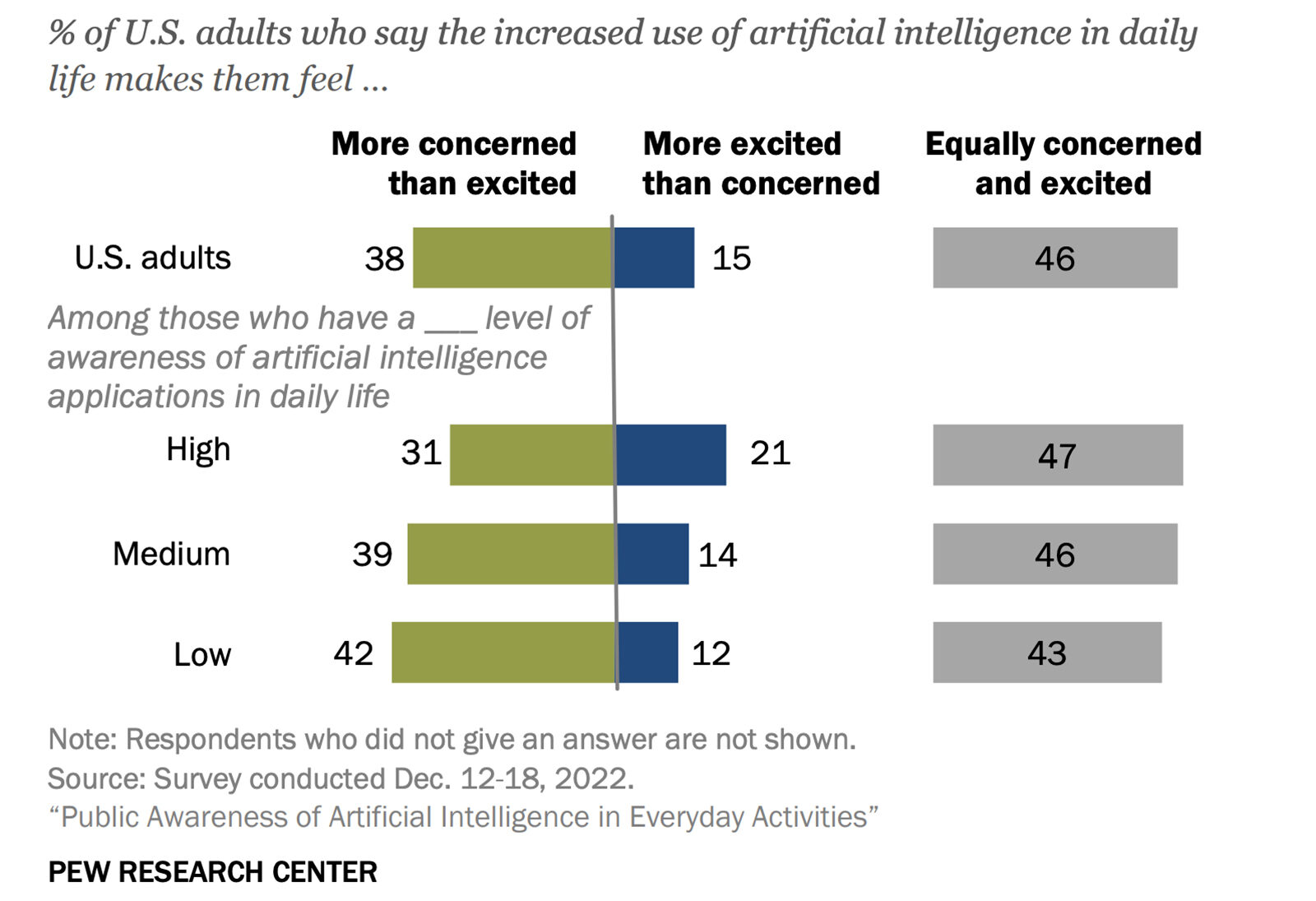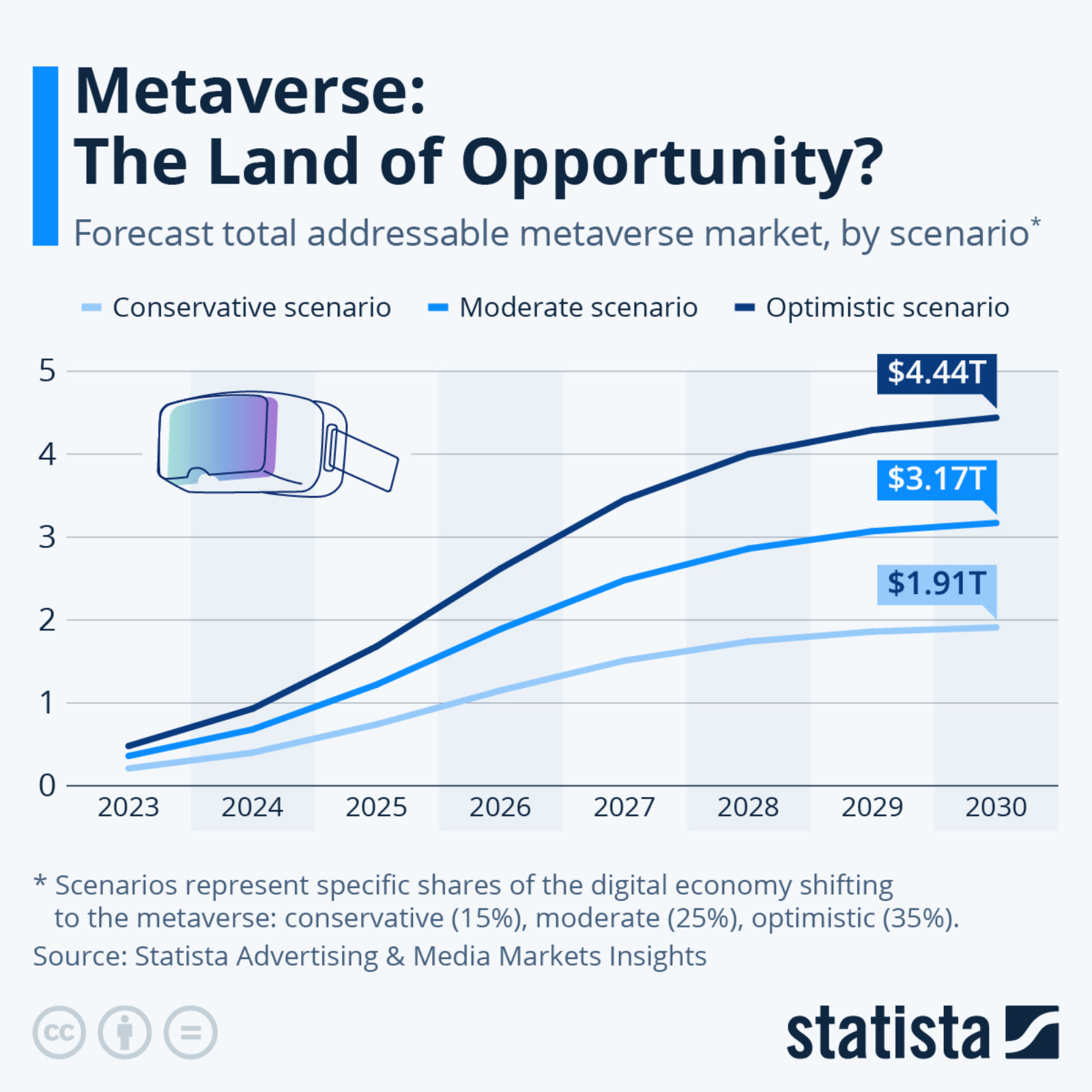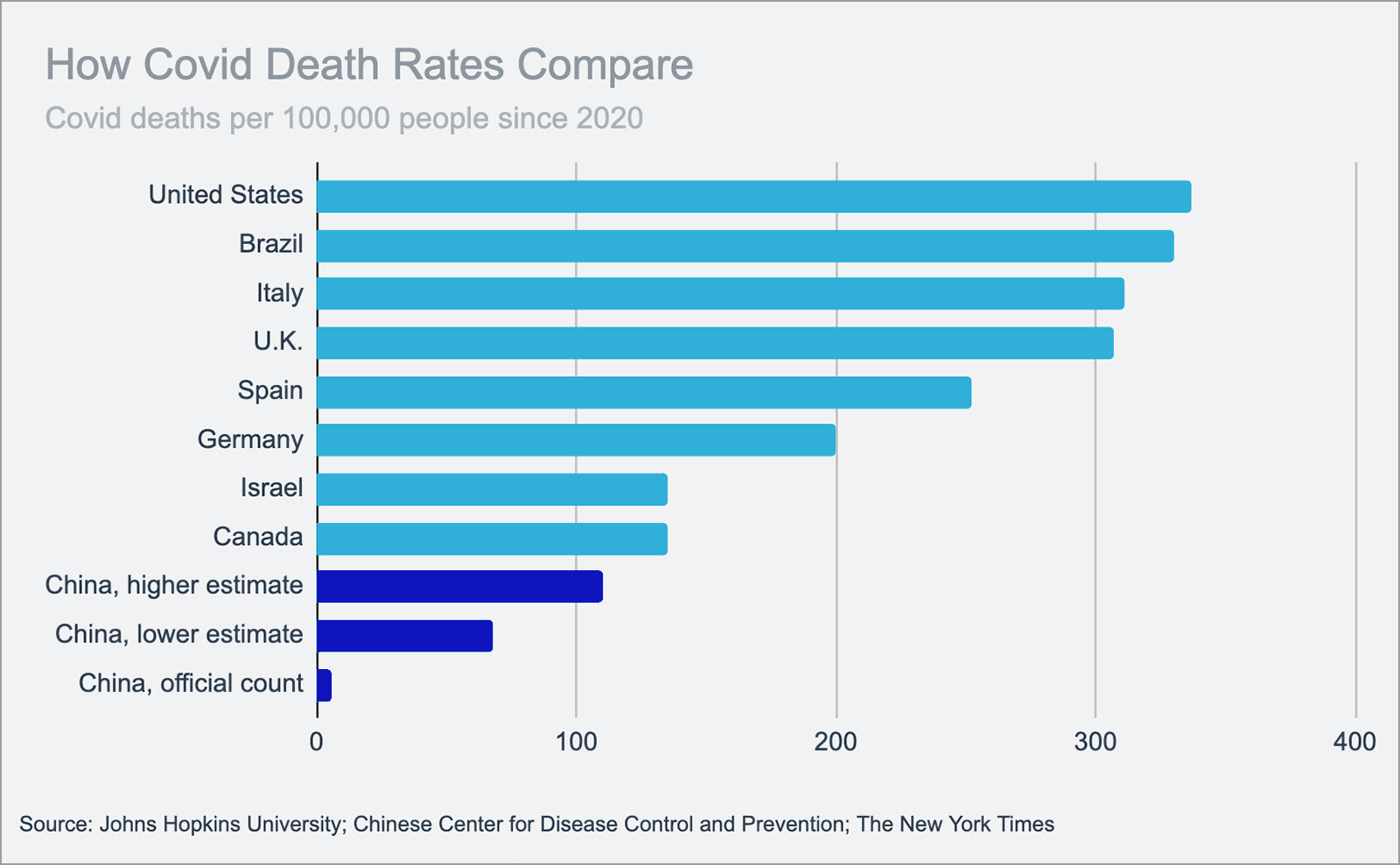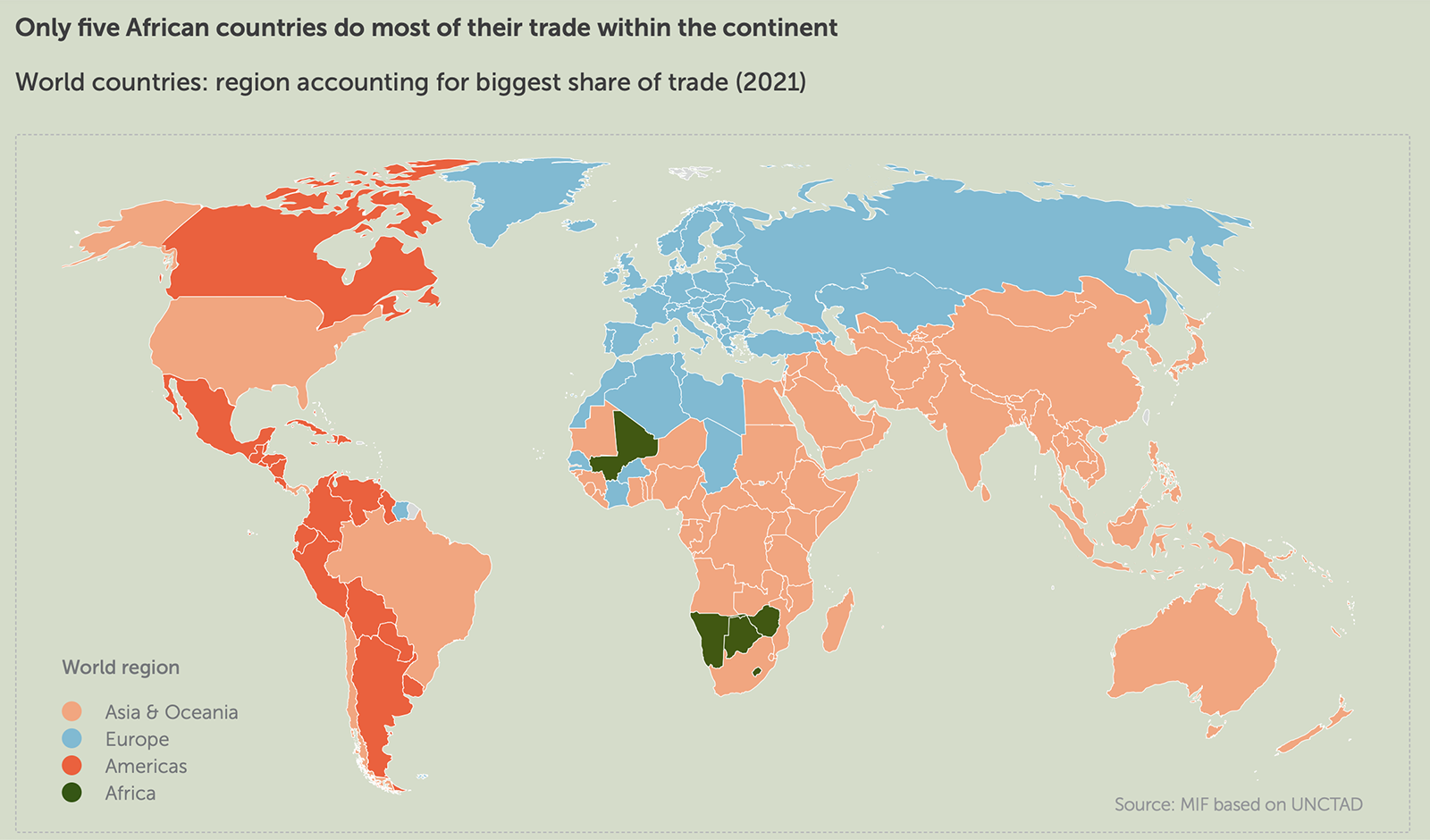Economic Risks Front of Mind for G20 Executives
After more than two years of navigating different dimensions and phases of the COVID-19 crisis, concerns over the economy are the top priority for business leaders in G20 nations, according to the World Economic Forum’s 2022 Executive Opinion Survey (EOS).
Executives were asked to identify the risks they considered the biggest threats to their country over the next two years. As growth in many large economies stalls and households struggle to pay bills, economic risks clearly worry executives across G20 member countries. Risks such as “rapid and/or sustained inflation” appear in the top-five rankings for executives in almost all G20 countries, while “cost of living” is a similarly high-ranked concern for multiple members of the bloc. With more than 80% of the world’s GDP and 75% of international trade represented in the G20, the prioritization of economic risks in this year’s survey reflects a vulnerable outlook for the global economy.
Despite the overwhelming consensus on economic risks, business risk perception varies on other critical risks. For instance, responses from the emerging market bloc of the forum — for example, Indonesia and India — reflect strong concern over digital inequality, while geopolitical risks such as “interstate conflict” and “geo-economic confrontation” feature prominently in the top risks of advanced economies, particularly for leaders in the European Union. The upcoming Bali summit presents an important opportunity for the bloc to discuss a way forward on these varying priorities as well as common pressing economic challenges.





